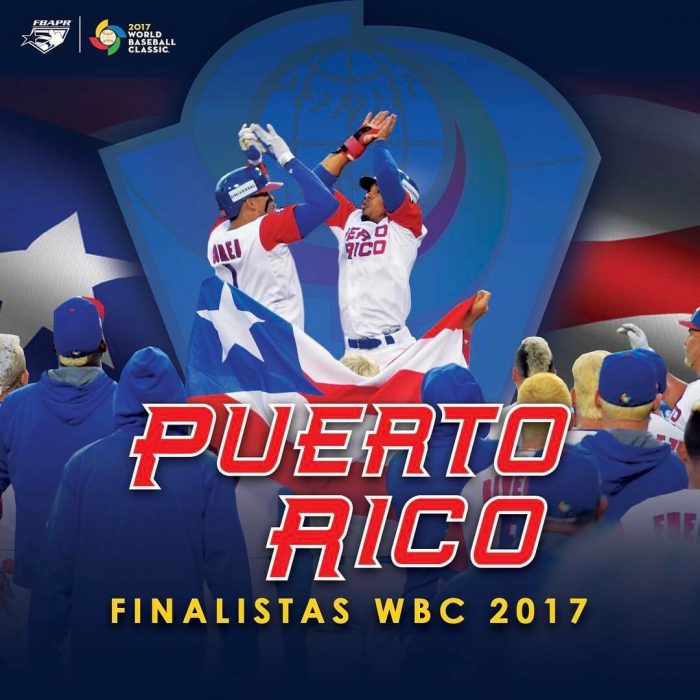Earlier this month, Latino Rebels and other news outlets followed the achievements of Puerto Rico’s national baseball team in the World Baseball Classic. Of course, this led to the obvious question: If Puerto Rico were to become the 51st state of the Union, would it be able to continue to play internationally? The answer, made by many journalists (including my friend and founder of this site, who wrote a piece in 2012) is that the answer is black and white. No, they say, Puerto Rico would not be able to continue playing internationally as a state.
I will respectfully disagree. The answer is neither black or white. It’s a whole mess of grey. The real answer is that yes, Puerto Rico would not be able to have Olympic and Pan American teams. The Amateur Sports Act of 1978, and its 1998 amendments, specifically say that the United States Olympic Committee (USOC) can only send one United States team for these two international events.
Of course, this law is used by statehood critics in Puerto Rico. It is their smoking gun argument: without an Olympic committee, there are no national teams.
Well, I am here to say: that’s a false argument.
I recently wrote a paper in Spanish that digs deeper into my reasoning.
Here is a brief summary of what I wrote, which focuses on the development of the Olympic movement in Puerto Rico and the future of the movement if Puerto Rico were to become a state. Even though the Puerto Rico Olympic Committee (COPUR) was formed in 1933, it did not participate in the Olympics until 1948, although it did send teams to the Central American and Caribbean Games before sending a team to the Olympics.
Therefore, the sports sovereignty of any nation or group of people is not dependent on membership of the International Olympic Committee (IOC). For example, consider both Guadalupe and Martinique. Neither Caribbean island has an Olympic committee, because they are provinces of France. Yet they both participate in international sporting events as separate entities. Both have national soccer teams that participate in CONCACAF as full members, and both will be participating in the 2018 Central American and Caribbean Games. Therefore, the sovereignty in sports of any nation is not dependent on an Olympic committee. National teams are not organized by the OC’s but rather by the member associations, better known as sports federations, of each individual sport.
FIFA, FIBA, FINA, FIVB and others are independent of the IOC in regards to their own governance. Of course, they are members of the IOC, if they are an Olympic sport, yet these federations set the rules for their members. In the case of FIFA, England, Wales, Scotland and Northern Ireland are not independent nations, yet FIFA recognizes national teams for each of them. The IOC doesn’t, and its the reason why (except for London 2012) you do not see a Team Great Britain in Olympic soccer.
But I hear you. You are probably thinking, “how does that affect the United States?” Well, as mentioned above, the Amateur Sports Act only covers the Olympic and the Pan American Games. Which is the reason why Hawaii participates as it own separate sports entity in surfing. Will Hawaii participate with an Olympic team at the upcoming Tokyo Games in surfing? Probably not, because the IOC rules are quite specific: you must be an internationally recognized independent state to be a member (the rules changed in 1991, and do not affect current members) and of course, Hawaii is not an independent nation.
To summarize, sports sovereignty is not dependent on the existence of an Olympic committee, but rather on the culture and sports themselves. An OC just guarantees the right of a member to participate in the Olympics and the Pan American Games, not on individual sports and their international competitions.
I do offer more examples in my paper, if you want to know more.
***
Edwin Jusino is the Editor-in-Chief of futbolboricua.net He is taking PhD courses in the History of the Americas with a focus on culture and sports history at the Interamerican University of Puerto Rico. He tweets from @erjusinoa.



